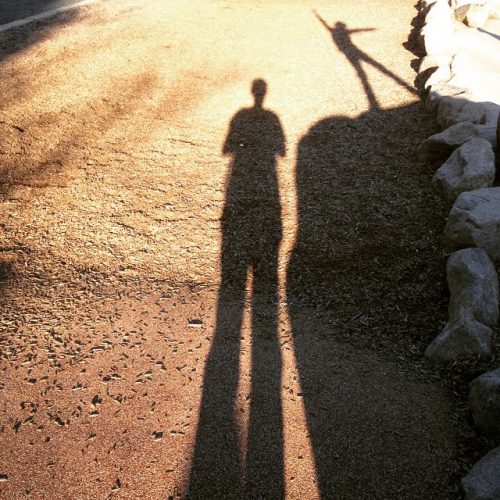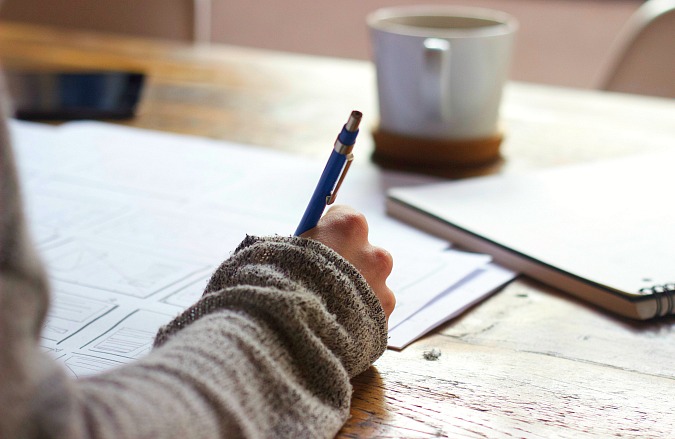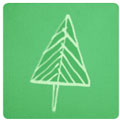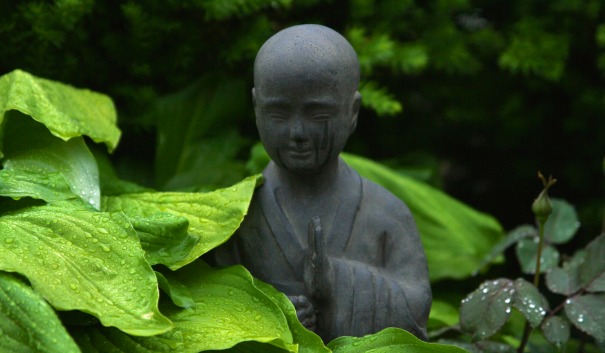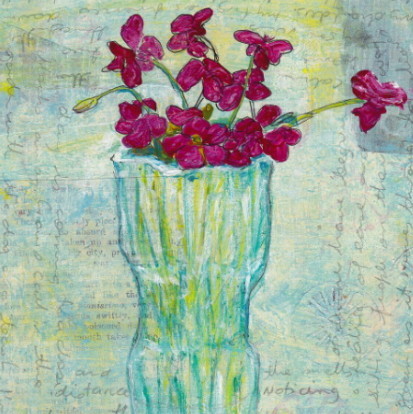How’s Your To-Do List Today?
Mine is jam-packed (bet yours is too) and everything feels urgent. The tasks crowding the top of my list are mostly things I’d rather not be doing and set against a backdrop of expectations and consequences for not getting them done. Which just adds to the sense of crisis and urgency.
Putting aside urgency for a moment, it can be useful to take a few minutes to pause for a bit and take stock.
You might notice feelings of agitation at the thought of having to do these things.
That sense of agitation probably comes from thoughts about these things that need doing. Often, tasks aren’t really that bad, it’s our thinking that can make us feel really antsy.
So. Imagine letting go of thinking about your To-Do list right now. You might feel some of that tension drain away immediately. They’re just actions that need doing. There’s still a slight sense of agitation, perhaps, but once the thinking is stripped away and you’re left with the tasks themselves, it doesn’t seem so bad.
Inside / Outside
One thing that stands out about most To-Do lists is the ‘outside’ nature of them. How so many tasks are generated by external needs–from other people, or from circumstances outside of ourselves that need fixing. It’s like your list is pulling you out from yourself.
When you move your focus from things that need doing ‘out there’ and look inside, sometimes a new list shows up.
By ‘look inside’ I mean shifting awareness out from your head and all the thoughts swimming inside it and allowing awareness to settle into your body. To be conscious of the physical sensations in your body. To feel your feet on the floor, the temperature in the room and how it feels on your skin, the movement of your chest as it breathes in and out. Then, moving deeper in, being aware what’s going on in your chest, your heart center.
There might be a slight sense of unease there, we have been talking about To-Do lists after all!
Maybe you’re feeling calmer than when you started reading, more present.
Whatever is going on for you now, going deeper you’re likely to find there’s something more underneath these sensations if you’re willing to check.
Something inside of you that wants to be heard. A desire for actions that come from a deeper place and that are infused with a sense of ease. Actions that come more from this place, inside, rather than from the outside. Actions that are both restful and productive. Tasks that are generated from a sense of purpose and are more closely aligned with who you are, and what you want to accomplish.
What might those tasks be? What are you called to do today?

